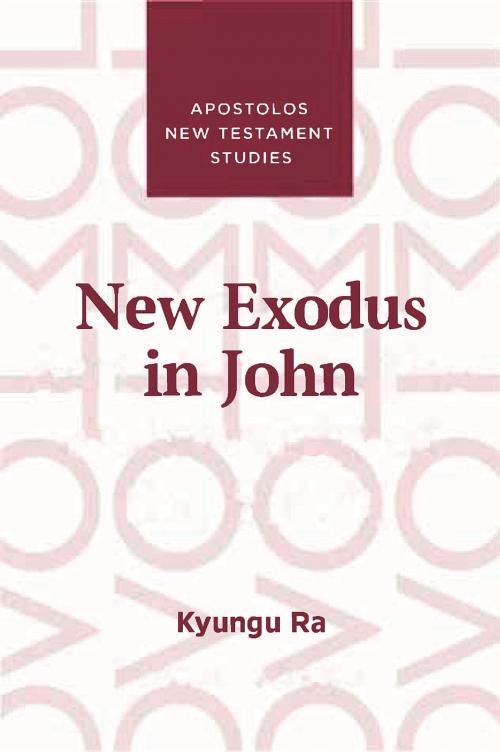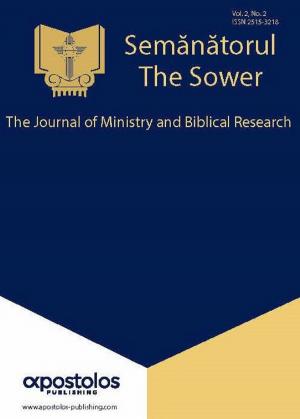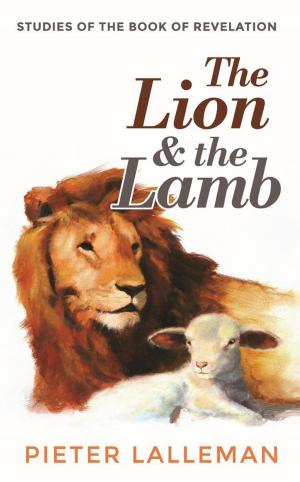New Exodus in John
Nonfiction, Religion & Spirituality, Bible & Bible Studies, New Testament, Criticism & Interpretation| Author: | Kyungu Ra | ISBN: | 9781912120840 |
| Publisher: | Apostolos Publishing Ltd | Publication: | January 3, 2018 |
| Imprint: | Apostolos Publishing Ltd | Language: | English |
| Author: | Kyungu Ra |
| ISBN: | 9781912120840 |
| Publisher: | Apostolos Publishing Ltd |
| Publication: | January 3, 2018 |
| Imprint: | Apostolos Publishing Ltd |
| Language: | English |
This book explores Christ’s identity and his works in the Gospel of John in the light of the predicted New Exodus eschatological Passover, especially the relationship that exists between the Passover and the firstborn who in the Passover was substituted by the paschal lamb.
The idea of the firstborn (especially the death of the firstborn) is found to be reflected in some of the major Christological titles: the Only Son, the Beloved Son, the Davidic Messianic King, the Deutero-Isaianic suffering Servant of the Lord and the Son of Man, and in major themes relate to the Paschal-New Exodus/firstborn motif which are abundantly reflected in the narratives of John 1-4.
Above all, the Johannine Logos, who is introduced as the Only Son of God and as the Son of Man in John’s Gospel probably alludes to the idea of the firstborn and the Son of Man figure (based on the idea of the firstborn) who fulfils the calling of the Deutero-Isaianic suffering Servant of the Lord for the restoration of Israel from exile and for the salvation of the gentiles as the sons of God. Hence, this book argues that he Paschal –New Exodus motif is an important prism for interpreting John’s Gospel and Johannine Christology.
This book explores Christ’s identity and his works in the Gospel of John in the light of the predicted New Exodus eschatological Passover, especially the relationship that exists between the Passover and the firstborn who in the Passover was substituted by the paschal lamb.
The idea of the firstborn (especially the death of the firstborn) is found to be reflected in some of the major Christological titles: the Only Son, the Beloved Son, the Davidic Messianic King, the Deutero-Isaianic suffering Servant of the Lord and the Son of Man, and in major themes relate to the Paschal-New Exodus/firstborn motif which are abundantly reflected in the narratives of John 1-4.
Above all, the Johannine Logos, who is introduced as the Only Son of God and as the Son of Man in John’s Gospel probably alludes to the idea of the firstborn and the Son of Man figure (based on the idea of the firstborn) who fulfils the calling of the Deutero-Isaianic suffering Servant of the Lord for the restoration of Israel from exile and for the salvation of the gentiles as the sons of God. Hence, this book argues that he Paschal –New Exodus motif is an important prism for interpreting John’s Gospel and Johannine Christology.















